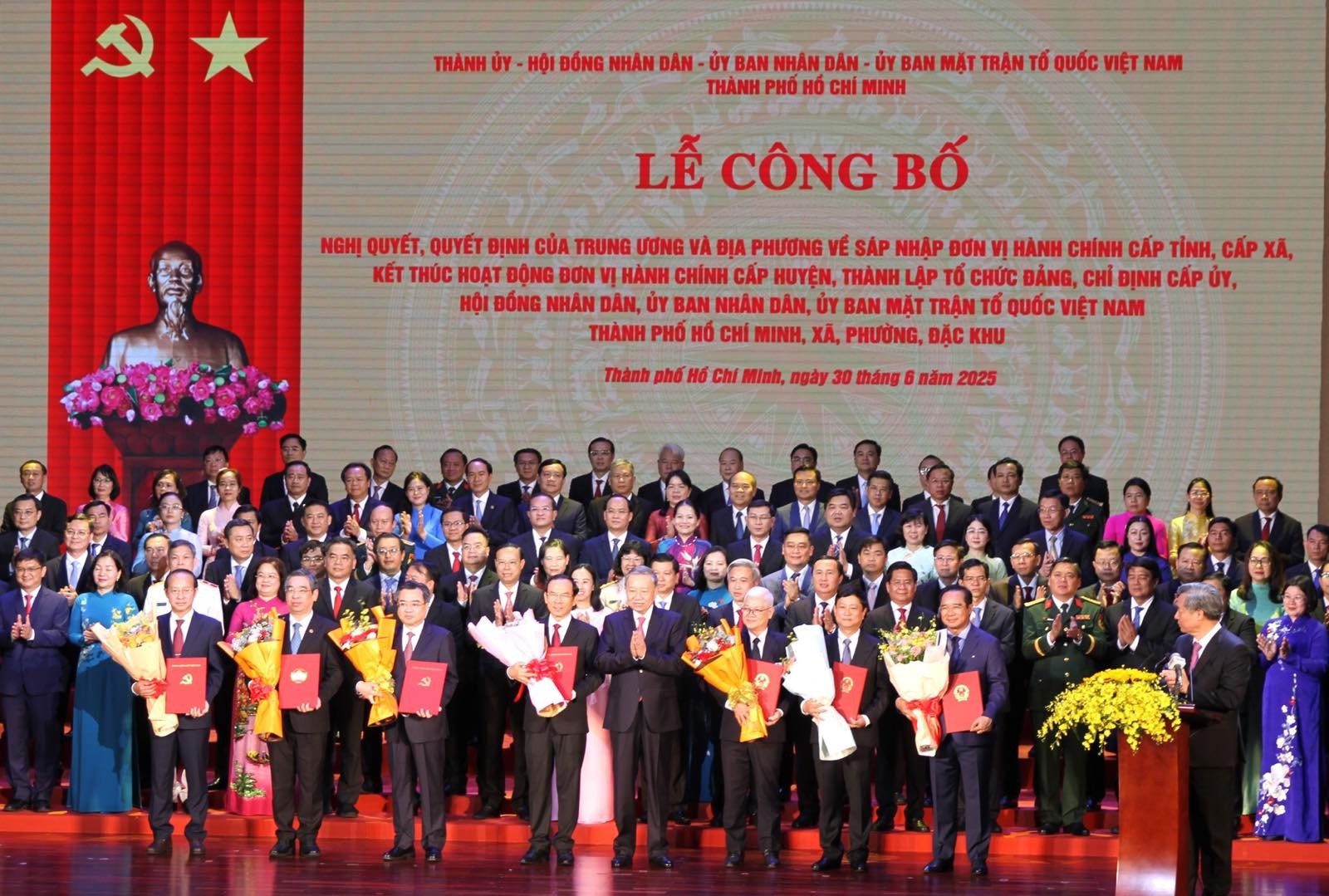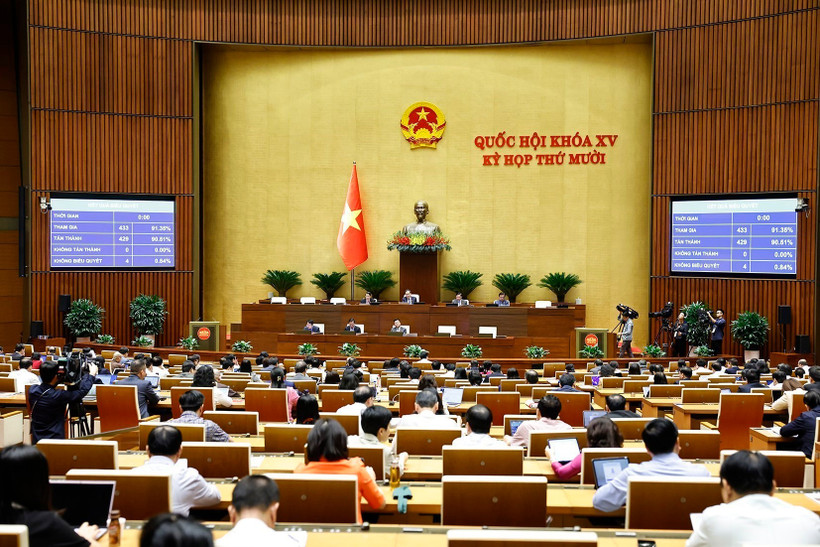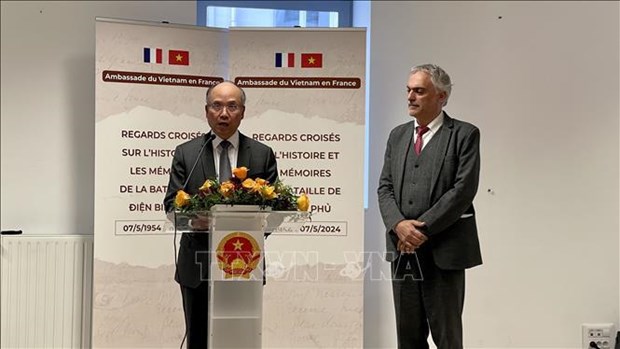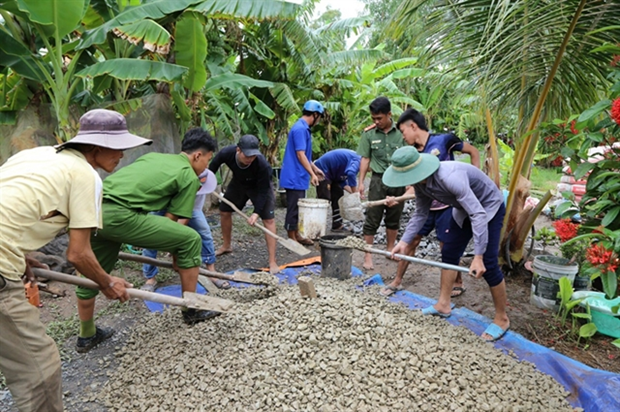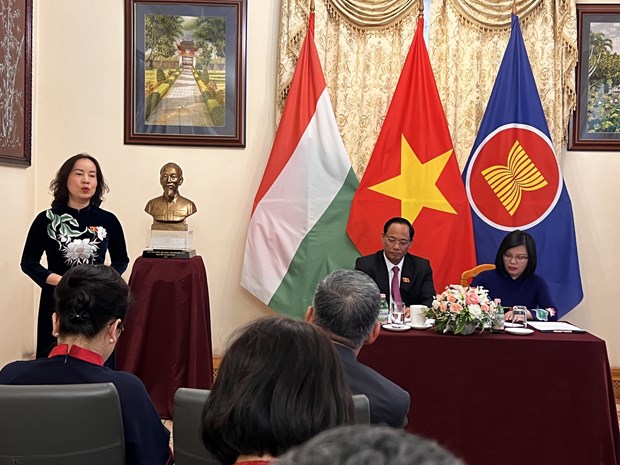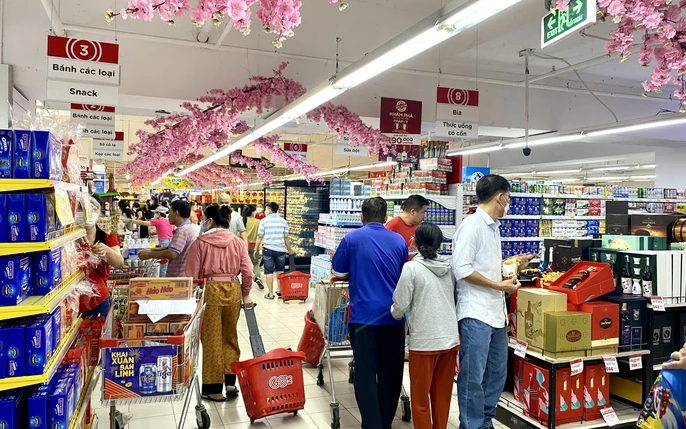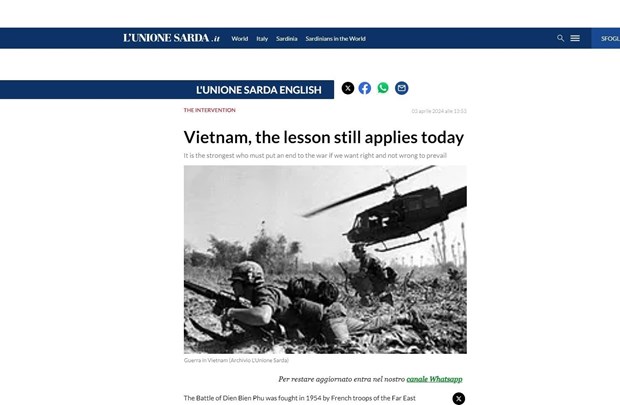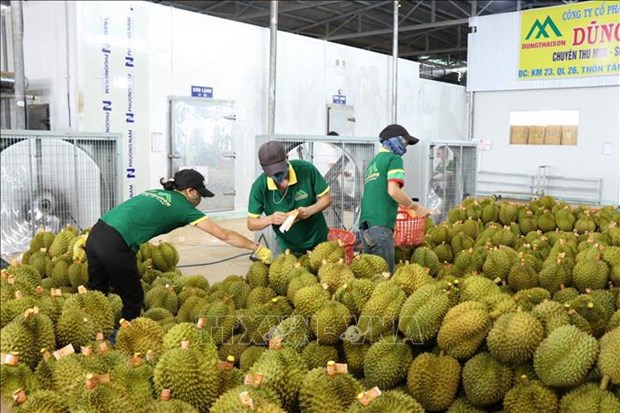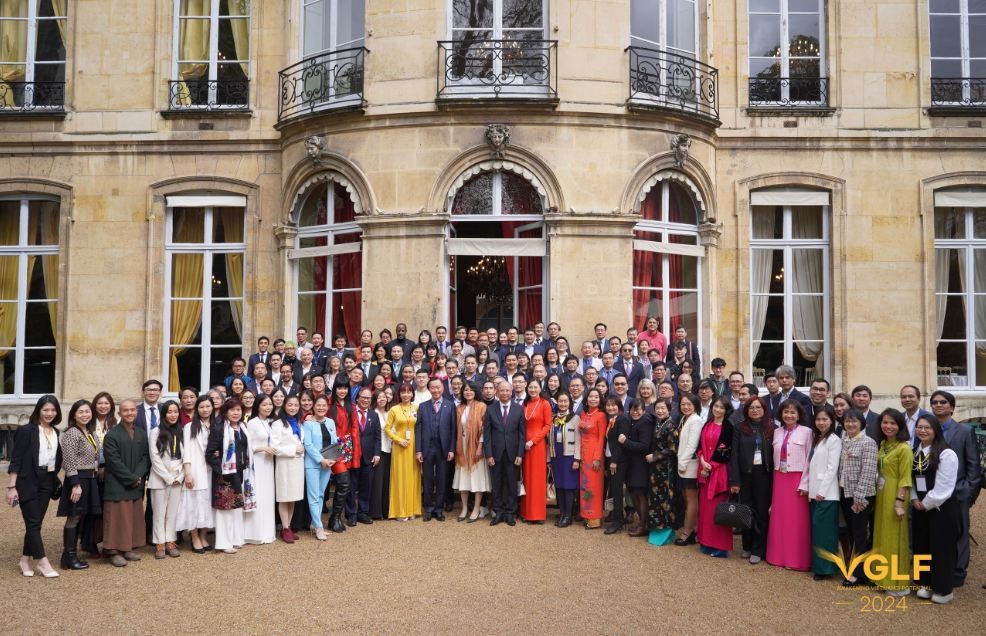Soldiers from the UXO settlement centre of Army Corps 16 handle an over-150kg bomb found at a construction site in Tan Thanh commune of Dong Xoai city, Binh Phuoc province. (Photo: VNA)
Along with collecting data to develop a report summarising the implementation of the national action programme for the 2010 - 2025 period, relevant agencies will work together to build a national strategy on UXO safety education.
A set of national standards for UXO settlement will be submitted to the Ministry of Science and Technology for assessment and promulgation before December 2024, the ministry said.
This year, Viet Nam aims to expand cooperation with potential partners and strengthen the mobilisation of international funding.
Viet Nam will carry out the “Mine Action for Viet Nam – the Republic of Korea Peace Village” project in the 2022-2026 period, which focuses on a clearance survey, mine accident prevention education, and victim support, covering three central and south-central provinces of Thua Thien-Hue, Quang Nam and Binh Dinh.
A project to supply equipment serving UXO clearance funded by the Japanese Government will be launched, along with a number of other projects.
In response to the International Day for Mine Awareness and Assistance in Mine Action (April 4), the National Steering Committee on the Settlement of Post-War Unexploded Ordnance and Toxic Chemical Consequences (Steering Committee 701) and the Viet Nam National Mine Action Centre (VNMAC) have launched an online contest on bomb and mine recognition and incident prevention at website http://vnmac.gov.vn/. It aims to enhance public awareness of UXO safety in the community.
According to the MoLISA, Viet Nam remains littered with about 800,000 tonnes of UXO left over from the war. As of 2023, Viet Nam had more than 5.59 million hectares of UXO polluted areas, or nearly 17.7% of the country’s total area.
The leftover UXO are scattered across all 63 localities, mostly in central, Central Highlands and Southeast region.
Meanwhile, the country has more than 7.06 million persons of disabilities, tens of thousands of them are victims of UXO and Agent Orange/dioxin.
Since 1975, UXO left over from the war have killed more than 40,000 people and injured 60,000 others, the majority of whom are breadwinners of families, people from ethnic minority groups and children.
In nearly 50 years after the war ended, the Party and State of Viet Nam have paid great attention to overcoming leftover bomb and mine consequences, while issuing various policies to support UXO victims in livelihood.
On April 21, 2010, the Prime Minister issued a decision approving the national action programme on settling consequences of bomb and mines left over from the war (Programme 504) for the 2010-2025 period, aiming to mobilise domestic and foreign resources for the work.
Recently, the PM has signed a decision approving a plan to implement the programme for the 2023-2025 period.
Joining hands with the Government, ministries, sectors and localities have conducted many practical activities to deal with leftover UXO and support victims.
Last year, the military engineering force developed a plan to clear 1,500 hectares of land heavily contaminated with mines and bombs in Vi Xuyen and Quan Ba districts of northern Ha Giang province. To date, 1,232 hectares have been cleaned, or 80% of the plan, and handed over to local people for production, during which six martyrs' remains were collected.
A national electronic library on leftover bomb and mine consequence overcoming is scheduled to be launched at http://thuviendientu.vnmac.gov.vn in 2024 by the VNMAC and CRS Viet Nam under the sponsorship of the US Department of State./.
Source: VNA


